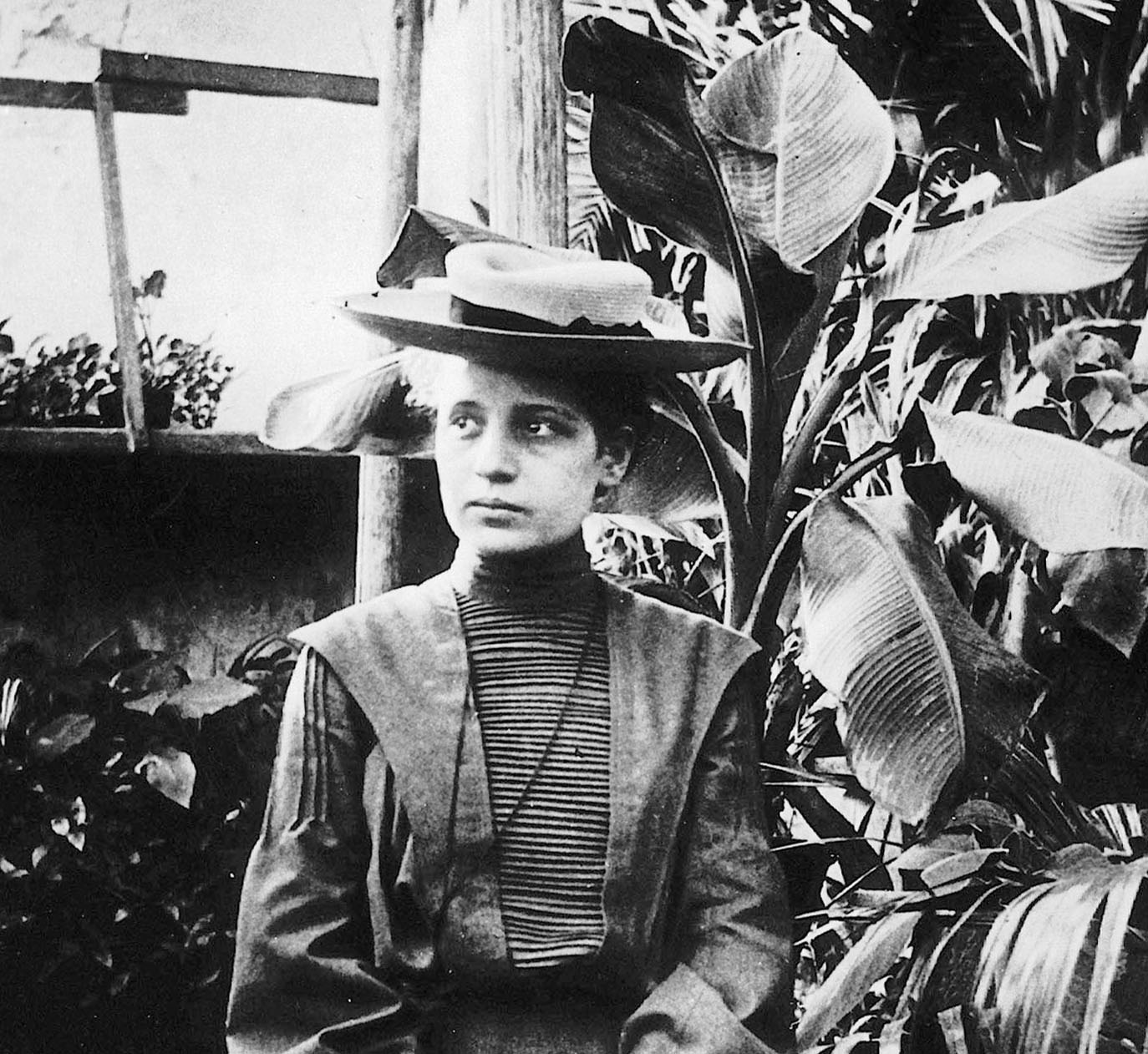Two fascinating articles in November highlighted the scientific contributions of physicists Lise Meitner and J. Robert Oppenheimer.
How Pioneering Physicist Lise Meitner Discovered Nuclear Fission, Paved the Way for Women in Science, and Was Denied the Nobel Prize provides an overview of Meitner’s life and career and the challenges she overcame. She and her nephew Otto Frisch correctly interpreted the results of German chemists Fritz Strassmann and Otto Hahn’s experiments to mean that the nucleus of a uranium atom had split. Meitner and Frisch even coined the term “fission.” But it was Hahn, and Hahn alone, who was awarded the Nobel Prize in Chemistry in 1944.
The article recounts Meitner’s reaction to being excluded from the prestigious prize and recognition: “Meitner received countless accolades in her lifetime and even had a chemical element, meitnerium, posthumously named after her, but the slight was never righted. Although every imaginable roadblock had been placed before her in pursuing a scientific education, she had survived Nazi persecution, and had endured the anguish of exile, she considered the Nobel omission that most irredeemable sorrow of her life.”
J. Robert Oppenheimer today is best known as the director of the Manhattan Project’s weapons laboratory at Los Alamos. Partly as a result of his close association with the atomic bomb, Oppenheimer’s other scientific contributions have often been overlooked. Chemist Ashutosh Jogalekar has published an article that explores Oppenheimer’s important work on black holes, and why he became disinterested in conducting further research on the topic.
“On September 1, 1939, the same day that Germany attacked Poland and started World War 2, a remarkable paper appeared in the pages of the journal Physical Review. In it J. Robert Oppenheimer and his student Hartland Snyder laid out the essential characteristics of what we today call the black hole…Then Oppenheimer forgot all about it and never said anything about black holes for the rest of his life.”
Jogalekar explains that Oppenheimer’s narrow interest in the fundamental laws of physics led to his disinterest in further exploring black holes or other topics that he saw as less important. For more, please see Oppenheimer’s Folly: On black holes, fundamental laws and pure and applied science.





